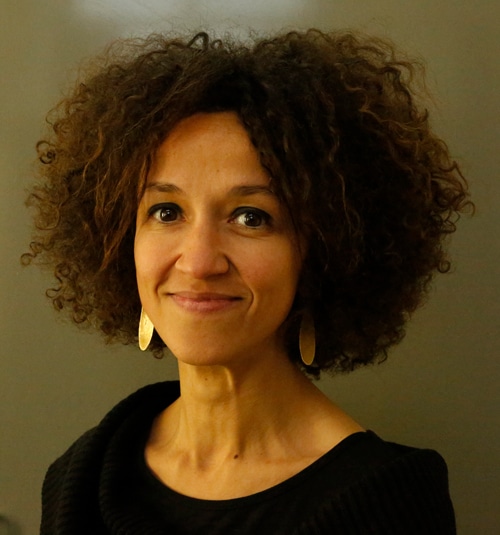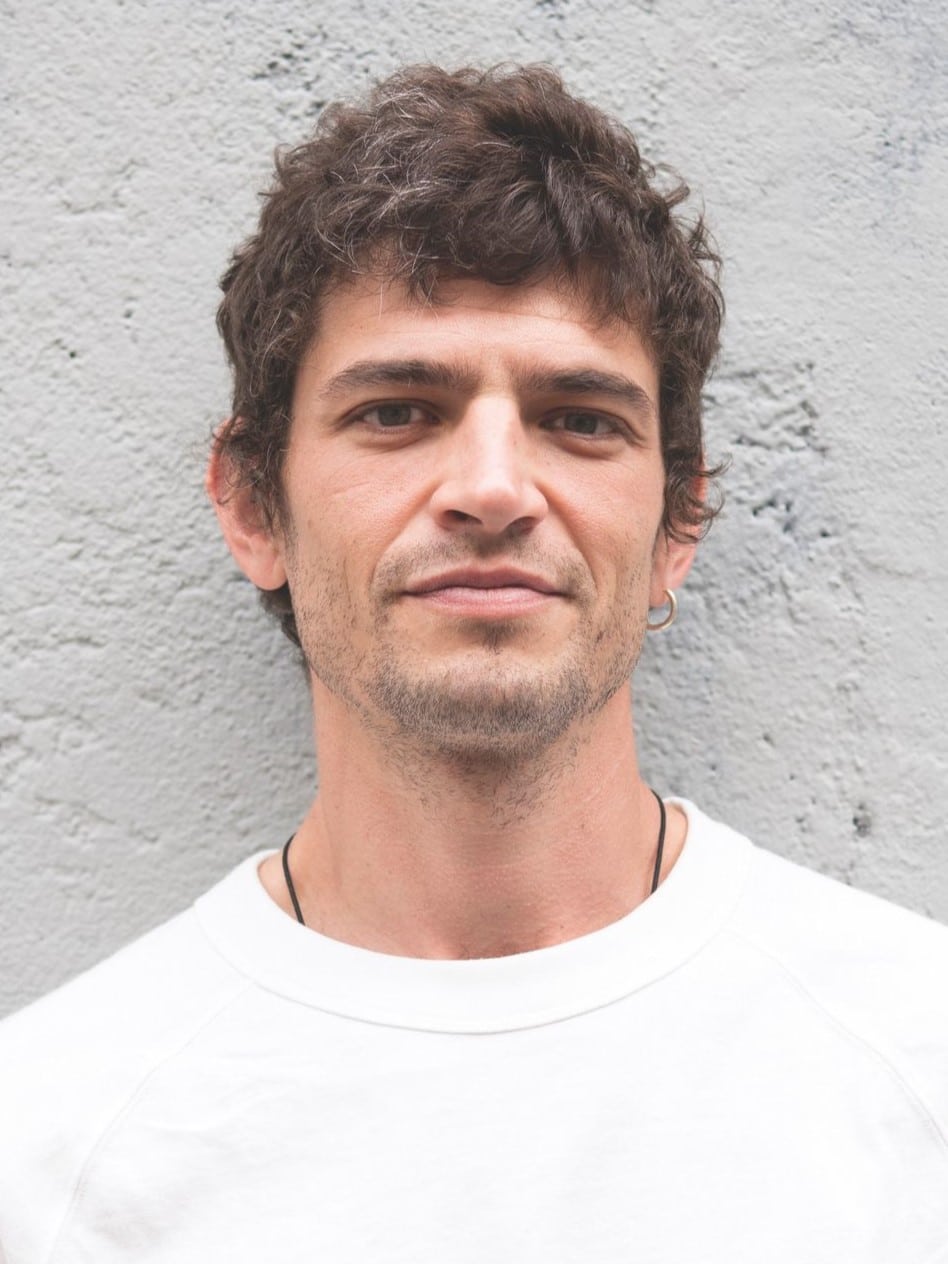Research project
Ahmed Bouanani: A Transnational Poetics of Popular Practice, Authorship, and Cinema
Summary of the research project
My book project centers on the Moroccan filmmaker, writer, and artist Ahmed Bouanani (1938-2011). First, I consider the impact of his documentation of Amazigh (Berber) and Moroccan popular arts and practices in relation to other Moroccan experiments with modernist art and culture during the postcolonial period, arguing that they constitute an answer of the problem of how to live in a Mediterranean, Maghrebi, postcolonial society. Second, I consider his collaborations within and outside of Morocco and his diverse Mediterranean and Moroccan influences. Third, his renewed international circulation provides me an opportunity to rethink the relationship between curation, authorship, criticism, and collectivity, drawing on recent theories of film and curatorial practice to consider the way that we, as scholars and critics, address North African and Arab art and artists in an international frame.
Biography
Peter Limbrick is Professor of Film and Digital Media at UC Santa Cruz. He is the author of Arab Modernism as World Cinema: The Films of Moumen Smihi (UC Press, 2020) and Making Settler Cinemas (Palgrave 2010) as well as articles in journals like Third Text, Camera Obscura, and Cinema Journal. In 2013 he curated a retrospective of Moroccan filmmaker Moumen Smihi’s films, which screened at the Pacific Film Archive (Berkeley) Block Cinema (Chicago), and Tate Modern (London).




